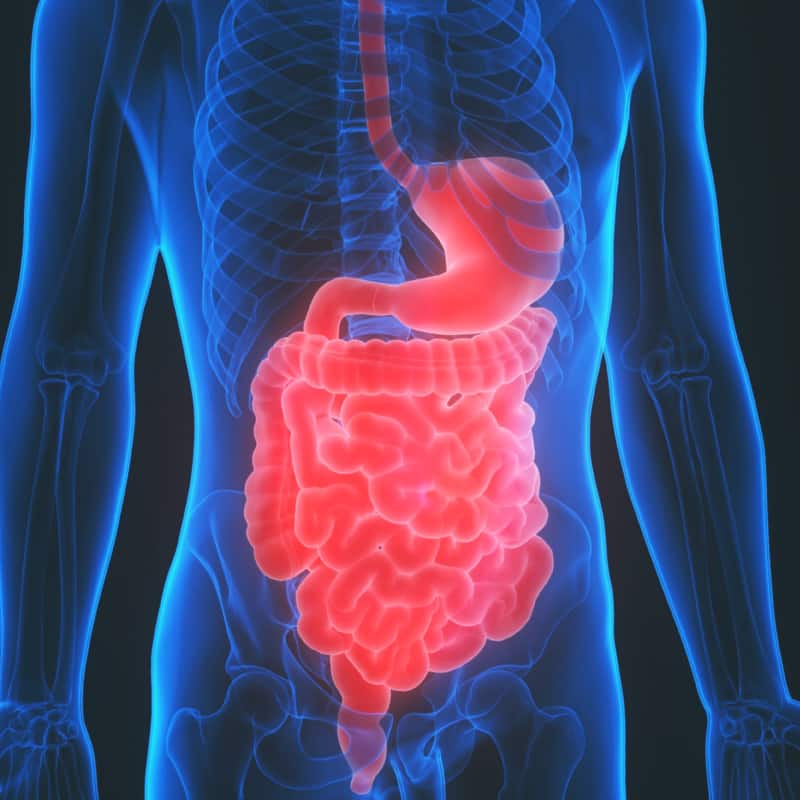What is Malnutrition Syndrome?
Malnutrition Syndrome refers to a group of disorders that impair the absorption of nutrients in the small intestine. The lining of the small intestine, known as the small bowel, is responsible for absorbing nutrients like vitamins, minerals, carbohydrates, proteins and fats from the digested food into the bloodstream. Malnutrition Syndrome occurs when the small bowel is damaged and unable to carry out this vital function properly. This leads to various nutrients not being absorbed effectively by the body.
Causes of Malabsorption Syndrome
There are several conditions that can damage the small intestine and thus cause Malnutrition Syndrome:
– Celiac disease: An autoimmune disorder where eating gluten causes damage to the villi in the small intestine. Villi are tiny fingerlike projections that absorb nutrients. Without healthy villi, absorption is impaired.
– Tropical sprue: A condition common in tropical parts of South America, Africa and Asia caused by bacterial infection in the intestine. It destroys villi similar to celiac disease.
– Pancreatic insufficiency: The pancreas produces enzymes that help digest food. Insufficient secretion of these enzymes leads to maldigestion and subsequently malabsorption.
– Inflammatory bowel disease: Conditions like Crohn’s disease and ulcerative colitis that cause inflammation in the small intestine.
– Small intestinal bacterial overgrowth: Overgrowth of bacteria in the small intestine that interferes with nutrient absorption.
– Intestinal surgery: Parts of the small bowel may be surgically removed due to an obstruction or injury and this reduces the area available for absorption.
Symptoms of Malabsorption Syndrome
Common symptoms of Malnutrition Syndrome include:
– Chronic diarrhea: Frequent loose bowel movements due to undigested food moving too quickly through the intestine.
– Weight loss: Absorption issues prevent calories and nutrients being assimilated despite normal food intake.
– Fatigue: Weight loss and vitamin/mineral deficiencies lead to low energy levels.
– Bloating and gas: Unabsorbed carbohydrates ferment in the gut causing discomfort.
– Nutrient deficiencies: Specific vitamin/mineral deficiencies will develop based on which nutrients are not absorbed properly. This includes iron, calcium, vitamin B12 etc.
– Bone disease: Prolonged calcium and vitamin D deficiency can lead to osteopenia or osteoporosis.
Diagnosis of Malabsorption Syndrome
To diagnose Malnutrition Syndrome, doctors will conduct:
– Stool tests: Checking for excessive fat in stool indicates fat malabsorption issues.
– Blood tests: To check for anemia and vitamin/mineral deficiencies.
– Imaging tests: CT scan or MRI of the abdomen to examine the bowels.
– Intestinal biopsy: A sample of small intestinal tissue examined under microscope to identify damage to villi. This is confirmatory for conditions like celiac disease.
Treatment and Management of Malnutrition Syndrome
The treatment depends on identifying and addressing the underlying cause:
– Dietary modifications: A balanced diet with easily digestible foods and oral nutritional supplements may help address symptoms.
– Medications: Enzyme supplements can aid digestion if pancreas is impaired. Antibiotics treat bacterial overgrowth.
– Celiac disease: Strict lifelong gluten-free diet is the only treatment.
– IBD: Medications to reduce intestinal inflammation and surgery for complications.
– Correcting deficiencies: Vitamin and mineral supplements can prevent or improve bone disease and neurological impairment.
– Lifestyle changes: Stress management, eating small frequent meals and antidiarrheal medications when needed.
Surgery may sometimes be required for fixing intestinal obstructions or damaged bowel segments. Following the treatment plan ensures proper nutrition and prevents long term health issues from Malabsorption Syndrome. With appropriate care, quality of life can improve greatly.
*Note:
- Source: Coherent Market Insights, Public sources, Desk research
- We have leveraged AI tools to mine information and compile it

